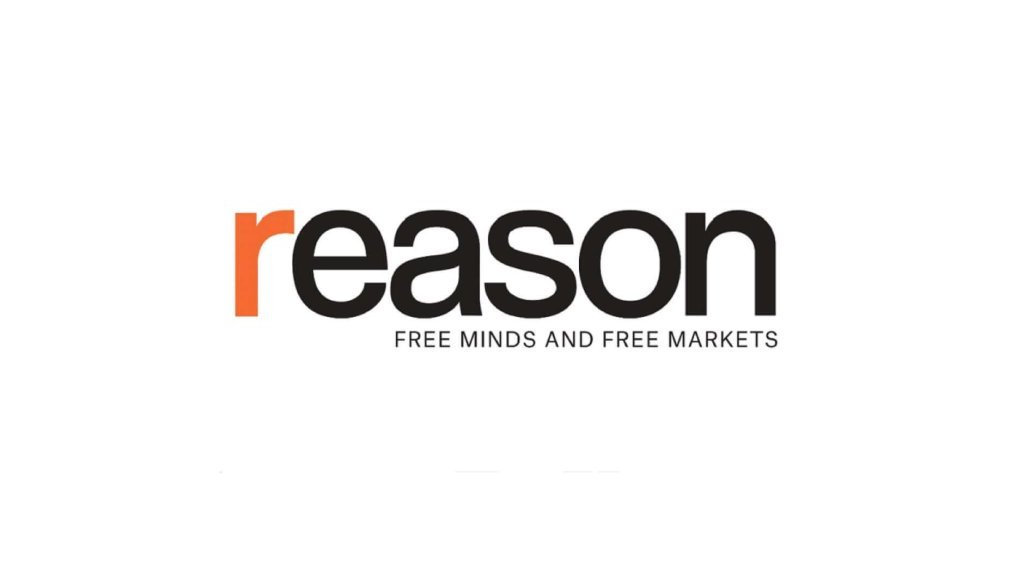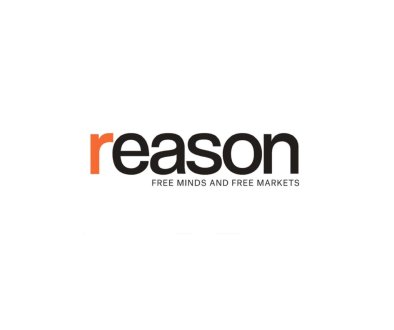New Deal Justices and MAGA Justices
The current outrage is that President Trump might seek to appoint judges who are in line with his MAGA agenda. This pearl clutching lacks any sense of history. Let’s jump back about nine decades to the Democratic party’s favorite modern president.
The centerpiece of President Franklin D. Roosevelt’s domestic agenda was the New Deal. Roosevelt and New Dealers in Congress enacted statutes and reforms that clearly violated settled Supreme Court precedent. And, perhaps unsurprisingly, the Supreme Court halted several planks of his federal platform, as well as analogous state legislation.
FDR was so incensed by these rulings that he considered amending the Constitution to grant the federal government more powers. When that process seemed too difficult, he instead proposed the Court packing bill, to ensure there would be more Justices who supported his agenda. Ultimately, that plan never came to pass. Justice Owen Roberts, for one reason or another, began to uphold New Deal legislation. And soon enough, the Four Horsemen retired.
Biographer Howard Ball offers this account of how Roosevelt made his first Supreme Court appointment. Read it carefully: whenever you see the word “New Deal,” substitute it for “MAGA.” I think you’ll get the picture quickly.
Consequently, Roosevelt turned to his attorney general, Homer Cummings, for a list of possible nominees to replace Van Devanter. Sixty names were produced, including federal judges, Solicitor General Stanley Reed, law professors such as Felix Frankfurter, and strong congressional defenders and advocates of the New Deal, including Senat
Article from Reason.com

The Reason Magazine website is a go-to destination for libertarians seeking cogent analysis, investigative reporting, and thought-provoking commentary. Championing the principles of individual freedom, limited government, and free markets, the site offers a diverse range of articles, videos, and podcasts that challenge conventional wisdom and advocate for libertarian solutions. Whether you’re interested in politics, culture, or technology, Reason provides a unique lens that prioritizes liberty and rational discourse. It’s an essential resource for those who value critical thinking and nuanced debate in the pursuit of a freer society.




